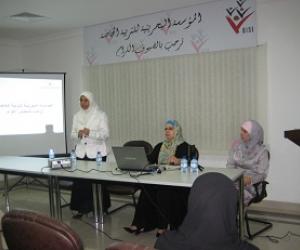Dyslexia Cards
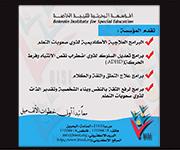
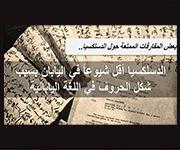

|
|
Adam was in grade one, he has trouble with language, with reading, with spelling, and occasionally with math. Sometimes he has trouble saying what he means and understanding what his parents and friends say to him. Before he started school, he was happy and used to play and exercise some sports with joy and happiness. He had many friends and interacts well with his peers. More...
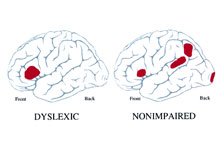 |  | Strategies for Summer Reading for Children with Dyslexia:
Strategies for Summer Reading for Children with Dyslexia By: Dale S. Brown Here are a dozen simple strategies to help your children keep the academic skills they learned during the school year. Support them as they read. Give them material that is motivating — and some of it should be easy. Help them enjoy books and feel pleasure — not pressure — from reading. The summer should be a relaxed time where their love of learning can flower.
more... | | |  |  | Clues to Dyslexia from Second Grade On:
Clues to Dyslexia from Second Grade On By: Sally E. Shaywitz The specific signs of dyslexia, both weaknesses and strengths, vary widely. Problems with oral language, decoding, fluency, spelling, and handwriting are addressed, as well as strengths in higher order thinking skills.
more... | | |  | 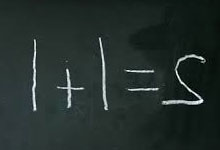 | Clues to Dyslexia in Early Childhood:
Clues to Dyslexia in Early Childhood By: Sally E. Shaywitz The earliest clues involve mostly spoken language. The very first clue to a language (and reading) problem may be delayed language. Once the child begins to speak, look for difficulties with rhyming, phonemic awareness, and the ability to read common one-syllable words.
more.. | | |  | 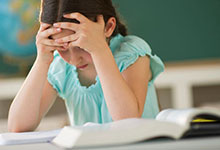 | How Does Reading Happen?
How Does Reading Happen? Peter works so hard at reading, but it just never gets easier. He knows he's smart so why can't he read like the other kids? Peter has a problem called dyslexia. Dyslexia (say: dis-lek-see-uh) is a learning problem some kids have. Dyslexia makes it tough to read and spell. The problem is inside the brain, but it doesn't mean the person is dumb. Plenty of smart and talented people struggle with dyslexiamore.. | | |  | 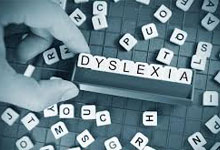 | | What is dyslexia?
Dyslexia Action’s Definition
Dyslexia is a specific learning difficulty that mainly affects reading and spelling. Dyslexia is characterized by difficulties in processing word-sounds and by weaknesses in short-term verbal memory; its effects may be seen in spoken language as well as written language. The current evidence suggests that these difficulties arise from inefficiencies in language-processing areas in the left hemisphere of the brain which, in turn, appear to be linked to genetic differences.more.. | | | |  | 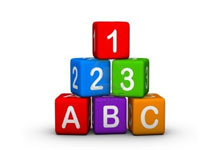 | | Dyslexia checklist
All ages
• Are they bright in some ways with a 'block' in others?
• Is there anyone else in the family with similar difficulties?
• Do they have difficulty carrying out three instructions in sequence?
• Were they late in learning to talk, or with speaking clearly?
more... | | | |  | 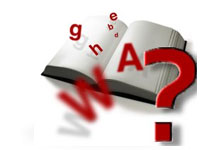 | | Symptoms of Dyslexia
• Speech and language difficulty.
• Difficulty pronouncing words correctly or expressing ideas.
• Difficulty listening and following directions.
• Difficulty remembering names, symbols or lists.
• Difficulty learning the alphabet.
more... | | | |  | 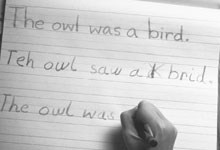 | | What is Dyslexia
Dyslexia, originally, is a Greek word, composed of two syllables: "dys" which means difficulty, and "Iexis" which means "the printed word" i.e. difficulty in decoding the printed word. Dyslexia, "reading difficulty", "specific reading difficulty" or "specific learning disability" all of them are terms that express "a difficulty in decoding the printed word".more... |
|




